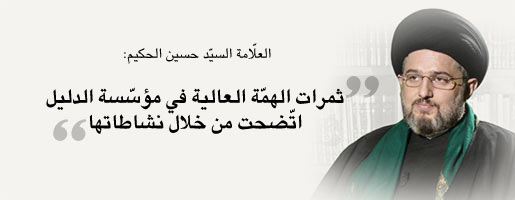
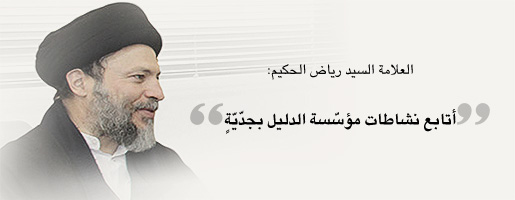
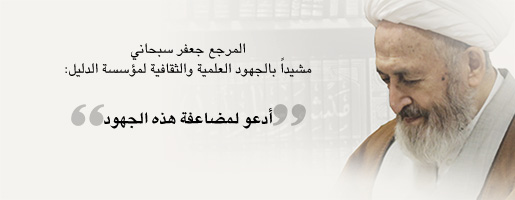
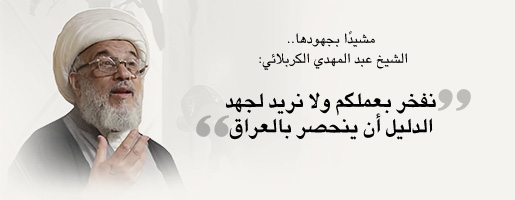
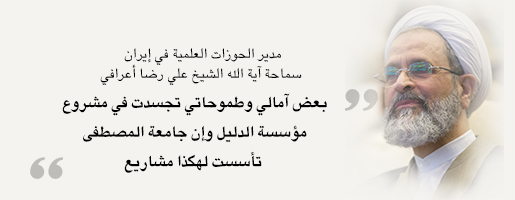
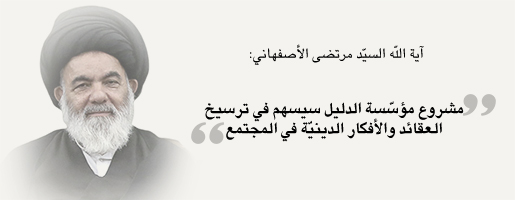
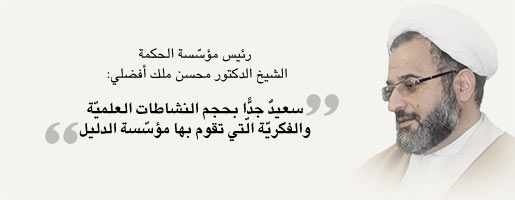
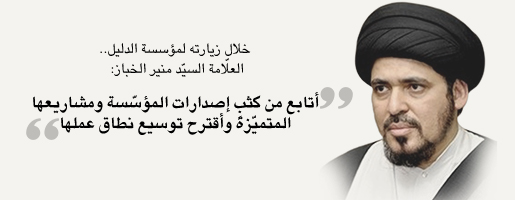
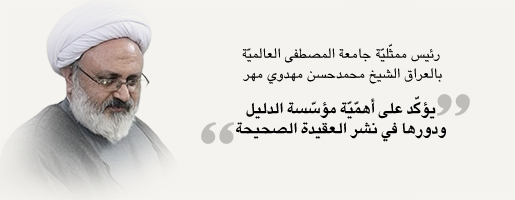
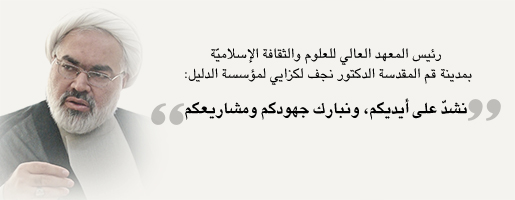
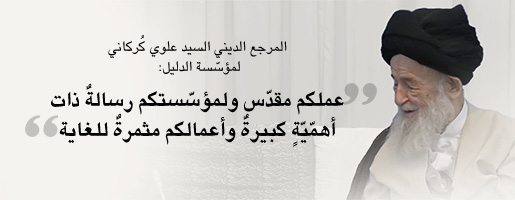
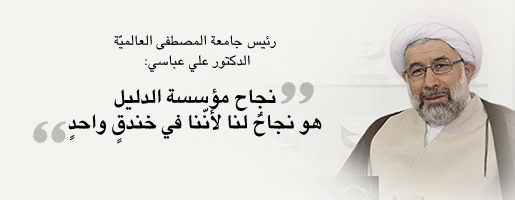
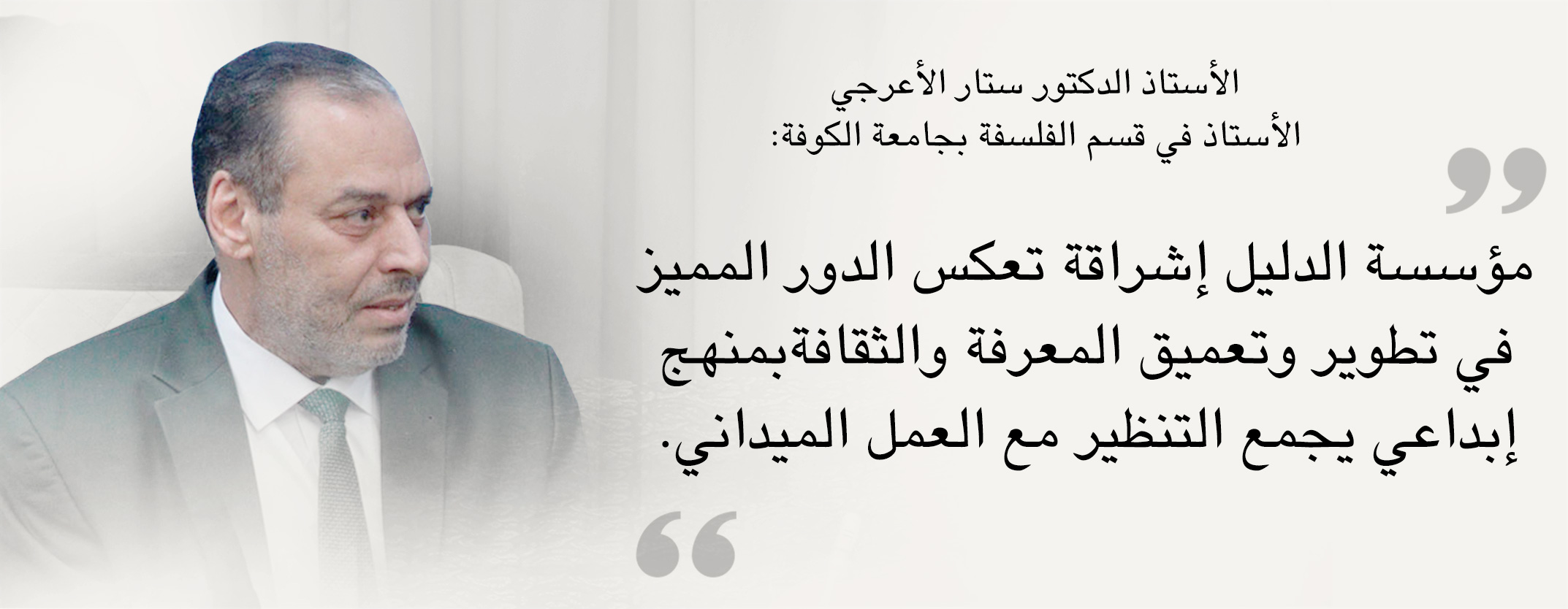
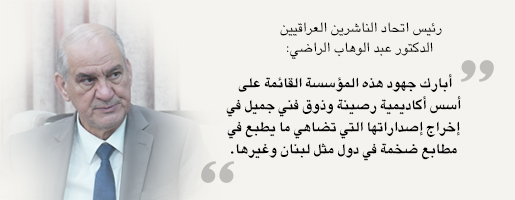
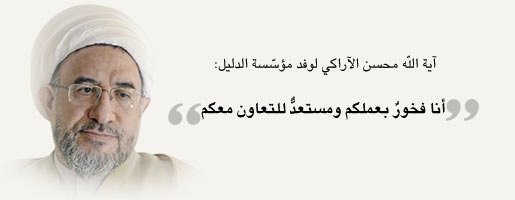
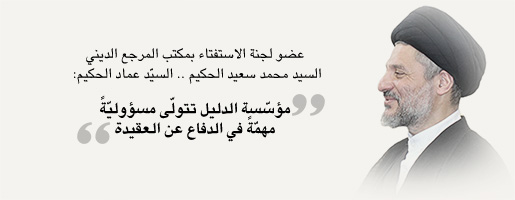
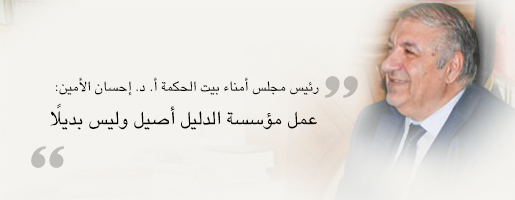
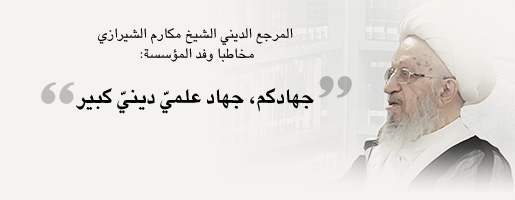
Mohammad Mohammadrizaei
Ruhollah Al-Musawi
Abstract
The adoption of an Occidentalist approach by enlightened intellectuals has led them to adopt the Western model of human rights as the primary reference and foundation for their perspectives and practices in this domain. Accordingly, they advocate interpreting religion in a manner that aligns with this framework. Among the most prominent of these thinkers is Dr. Mohammad Mojtahed Shabestari, whose works exemplify a steadfast commitment to this approach. He argues that strict adherence to Shariah as a fixed legal system irrespective of the specific Islamic school of thought fosters conditions conducive to violence and the emergence of extremist groups. Shabestari contends that the sole means of preventing such radical tendencies lies in embracing the Western human rights framework, asserting that this approach not only mitigates wars and bloodshed, but also provides Muslims with an opportunity to advance the flourishing of Islam in the contemporary world. This article critically evaluates Shabestari's claims using a rational-analytical methodology alongside a review of the Qur'an and authoritative Islamic sources. We demonstrate that the Western conception of human rights is inadequate for preventing wars and bloodshed and refute Shabestari's claim regarding the incompatibility of Islamic jurisprudence with human rights. On the contrary, our analysis highlights the superiority of Islamic rights principles in securing substantive human entitlements compared to the Western model.
